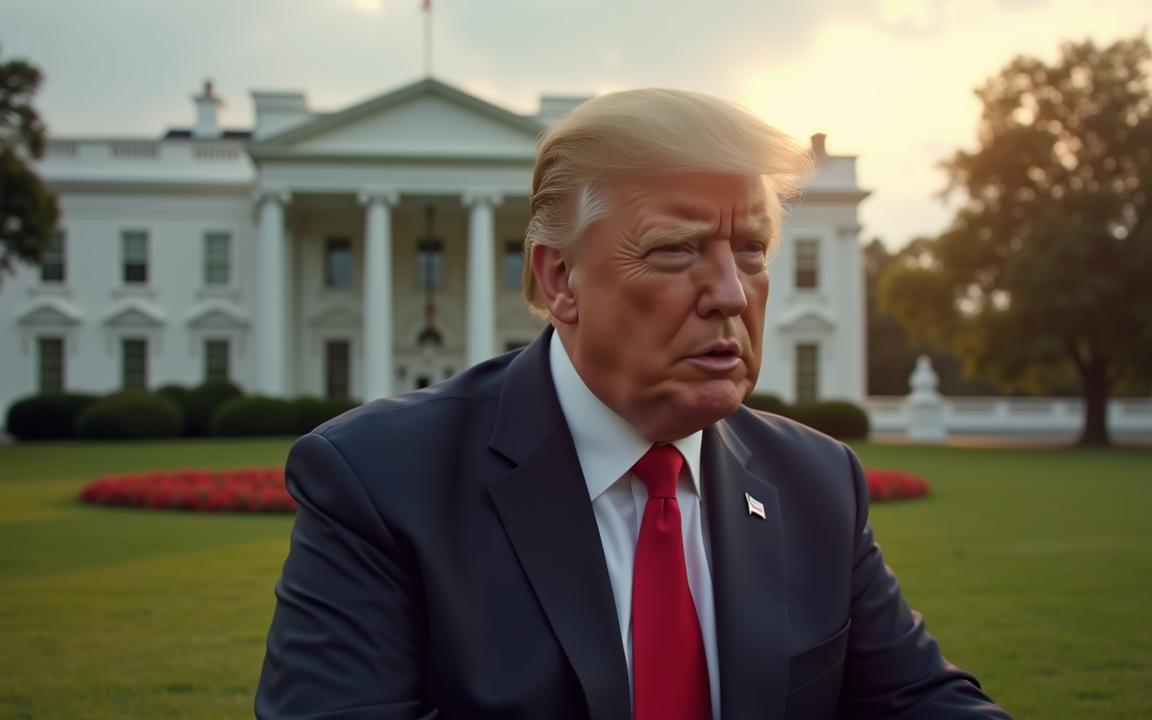President Trump announced on Sunday that a 25% tariff on all foreign steel and aluminum imports would take effect on Monday, with additional reciprocal tariffs on US trading partners to follow.
Speaking aboard Air Force One while traveling to the Super Bowl, Trump stated that the tariffs would apply universally, including to key allies and top suppliers Canada and Mexico.
“Any steel coming into the United States is going to have a 25 percent tariff,” Trump said. “Aluminum, too.”
According to government and American Iron and Steel Institute data, the largest sources of US steel imports are Canada, Brazil, and Mexico, followed by South Korea and Vietnam.
Canada condemns tariffs, calls move chaotic
Canada, one of the largest suppliers of steel to the United States, expressed strong disapproval of President Donald Trump’s decision to impose a 25% tariff on all steel and aluminum imports.
The announcement caught Canadian officials off guard, with a government source telling Reuters that Ottawa would not respond until it had more details or a written directive from Washington.
Ontario Premier Doug Ford accused Trump of “shifting goalposts and constant chaos” that put Canada’s economy at risk.
Canada’s steel industry is heavily concentrated in Ontario, making the province particularly vulnerable to tariffs.
Catherine Loubier, a Canadian political adviser, underscored the deep economic ties between the two nations, noting that hundreds of thousands of American jobs depend on steel and aluminum imports from Canada.
“Nobody’s winning with these tariffs, that’s for sure,” she said.
Australia pushes for exemption in high-level talks
Australia’s stock market declined today as investors responded to the tariff news.
The S&P/ASX 200 index slipped 0.3%, weighed down by major mining companies, including BHP Group (-1%) and Rio Tinto (-1.2%).
The stocks fell as iron ore prices initially dropped following Trump’s announcement, though prices have since rebounded.
Australia has been actively lobbying for an exemption, similar to the one granted during Trump’s first term.
Prime Minister Anthony Albanese confirmed that he would raise the issue in an upcoming call with Trump, emphasizing the importance of free and fair trade.
Trade Minister Don Farrell and other officials have been making Australia’s case behind the scenes, arguing that tariffs would not only hurt Australian producers but also harm American manufacturers reliant on Australian steel.
Farrell stated that the government had been working “from day one” to protect Australian interests and had already engaged with senior US officials.
However, he acknowledged that securing an exemption was more difficult this time, as the administration had yet to confirm a new US trade representative.
UK adopts wait-and-see approach
The UK government remained cautious, saying it would need more clarity from Washington before taking any action.
Home Office Minister Dame Angela Eagle told reporters that Britain had a “balanced trading relationship” with the US and that both countries had an interest in maintaining strong economic ties.
“We have a very balanced trading relationship with the US – I think £300 billion worth of trade between our countries – and I think it’s in the best interests of both of us, as longstanding allies and neighbors, that we carry on with that balanced trade,” Eagle said.
China downplays impact but criticizes US policy
China, a frequent target of Trump’s trade policies, was quick to blame the US for escalating trade tensions.
However, Victor Gao, a Chinese diplomat and economist, suggested that the impact on China would be minimal due to strong global demand for its steel products.
“[Chinese goods] are very much affordable and competitive even with a 10% tariff,” he told the BBC, adding that American consumers would ultimately bear the cost.
While Beijing did not announce immediate countermeasures, past disputes have shown that China is capable of retaliating with its own tariffs, potentially targeting American agricultural or industrial goods.
The post Trump’s steel and aluminium tariffs: here’s how countries reacted to the news appeared first on Invezz

